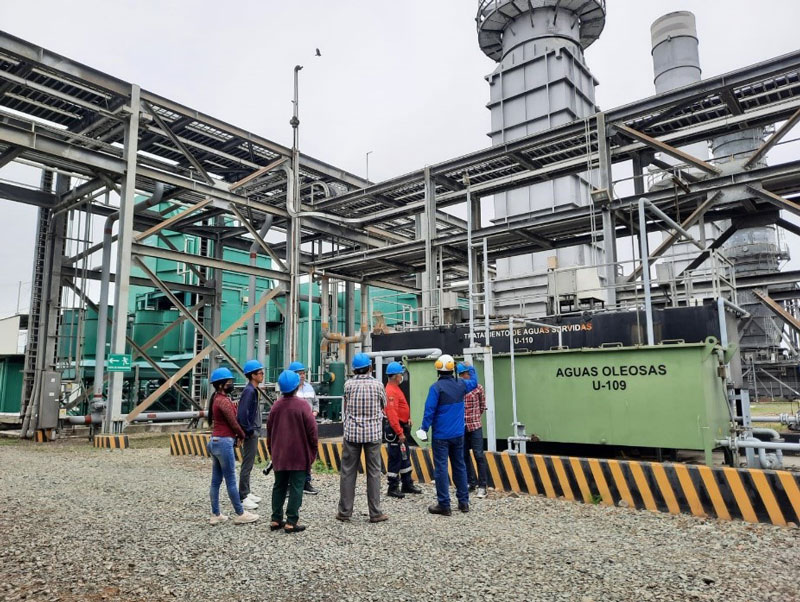U.S. vaccine approval has worldwide implications as more mandates are likely to follow
The United State’s Food and Drug Administration’s full approval of the Pfizer’s Covid-19 vaccine on Monday is likely to have widespread ramifications, and not just in the U.S. Shortly after the FDA announcement, the U.S. military command and a number of large companies and universities announced new vaccine mandates for their institutions.

Following yesterday’s approval of the Pfizer Covid-19 vaccine, experts believe other approvals — and mandates — will follow.
Many organizations had delayed issuing mandates due to the emergency use designation of the vaccines, given in the early stages of the pandemic. “Now, with full approval, governments, companies and educational institutions will feel comfortable setting the requirement they feel are needed,” says Hal Bergen, a virologist and consultant to the FDA. “I expect that approvals for the Moderna and Johnson & Johnson vaccines will follow within a matter of weeks.”
Bergen says that the approvals will have a far-reaching impact. “FDA approval is the gold standard internationally and their mark of approval will encourage those considering mandates in other countries to proceed. Even countries using vaccines made in China, Russia and India, will feel better about their shots since the waiting period for approval applies to all vaccines, not just the ones used in the U.S..”
Addressing criticism that the approval delay cost thousands of lives, Bergen said the process could not be altered based on factors other than scientific due diligence. “Even considering the emergency, the FDA needed to follow normal protocols to determine the safety and efficacy of the shots. It was understood that the emergency authorization was needed due to the extreme danger posed byt Covid but it is necessary for a period of time to pass before it can be determined that a vaccine, or any other medicine, reaches the safety threshold of full approval standards.”
According to Bergen, health officials now can feel comfortable about Pfizer, and soon, about Johnson & Johnson and Moderna. “Among research professionals, there is a rule of thumb in determining the safety and effectiveness for vaccines — and medicines in general,” he says. “After three months of use in the testing phase, we know 60 percent of all side affects and within a year, we know more than 90 percent. It has been 14 months since the first shots were given in the trials so we probably know 95 percent at this stage.”
Even scientists with legitimate concerns about possible vaccine complications are now becoming convinced, Bergen says. “There were some very credible people who had doubts, especially about the mRNA technology, but most of them now agree that any side effects we discover in the future will be variations on the ones we’ve already identified and will probably be minor.”
The issue of mandates is sensitive since it affects civil liberties, Bergen says. “Personally, I oppose mandates that do not allow for exceptions. Most countries, including the U.S., make exceptions for military service based on health, religion and other concerns. The same allowance should apply to vaccine mandates. Public and private nstitutions have the right to protect those it employees and serves but they should consider the exceptional cases on an individual basis.”

















